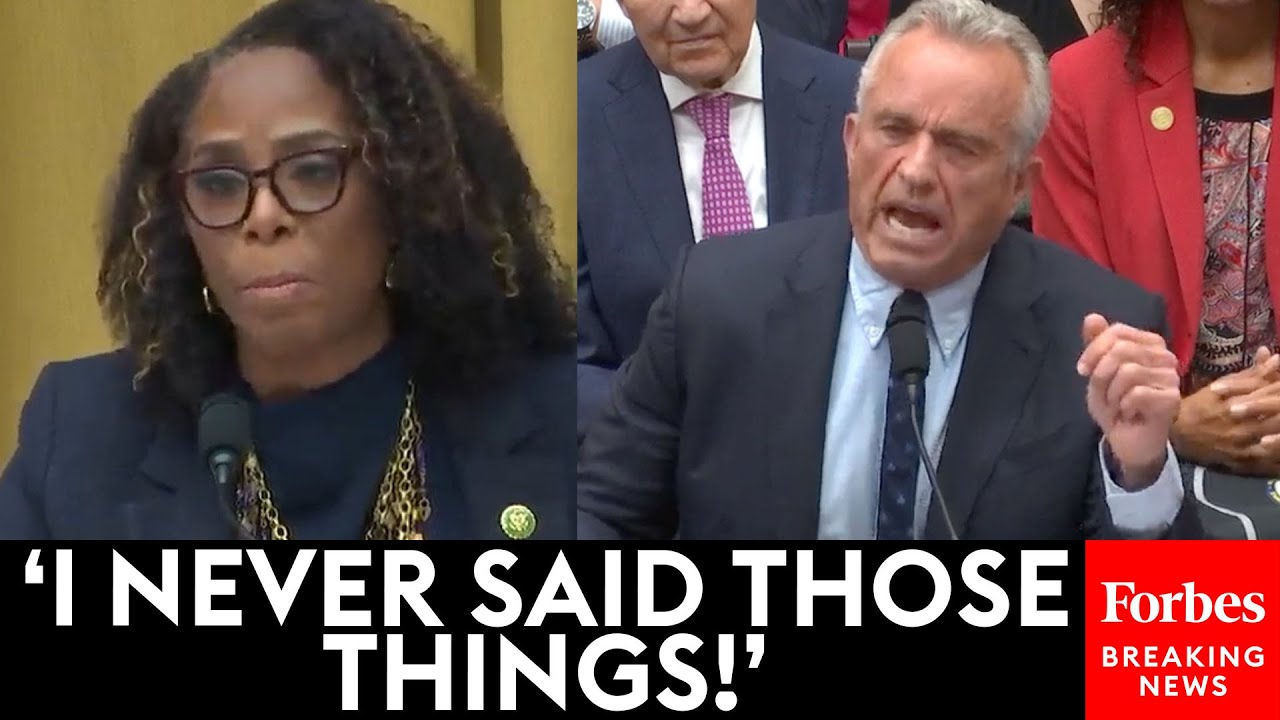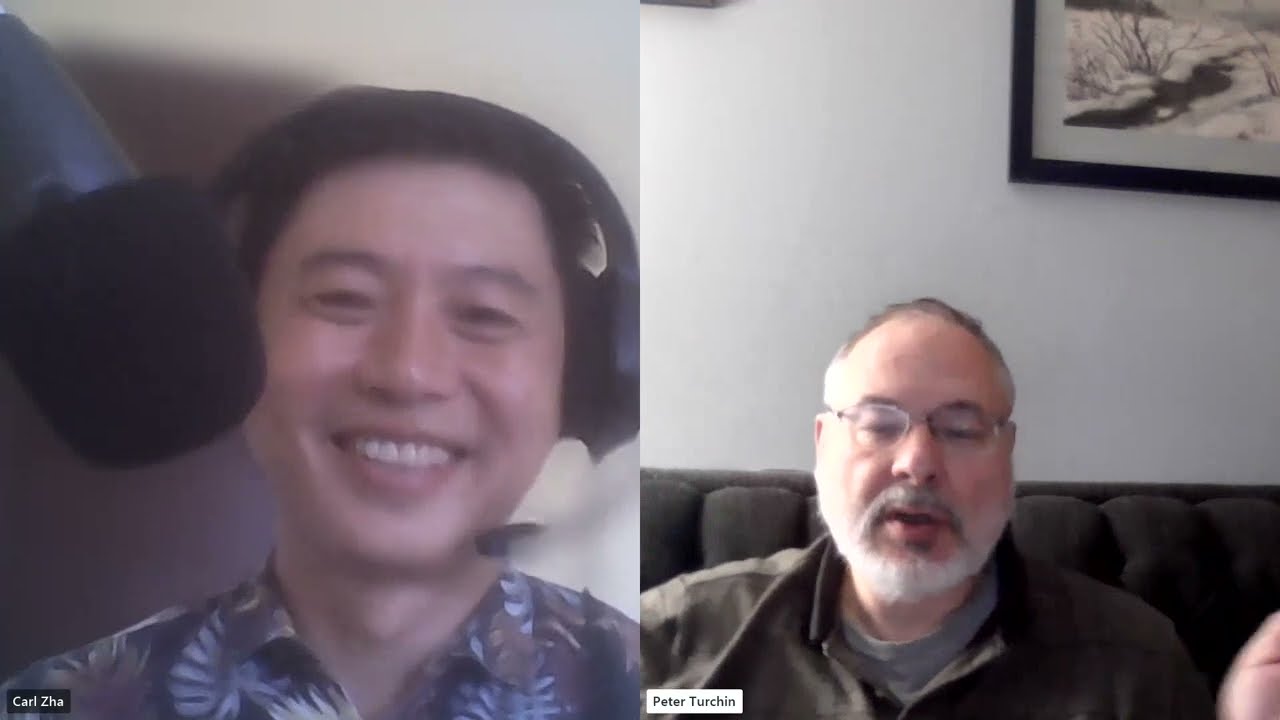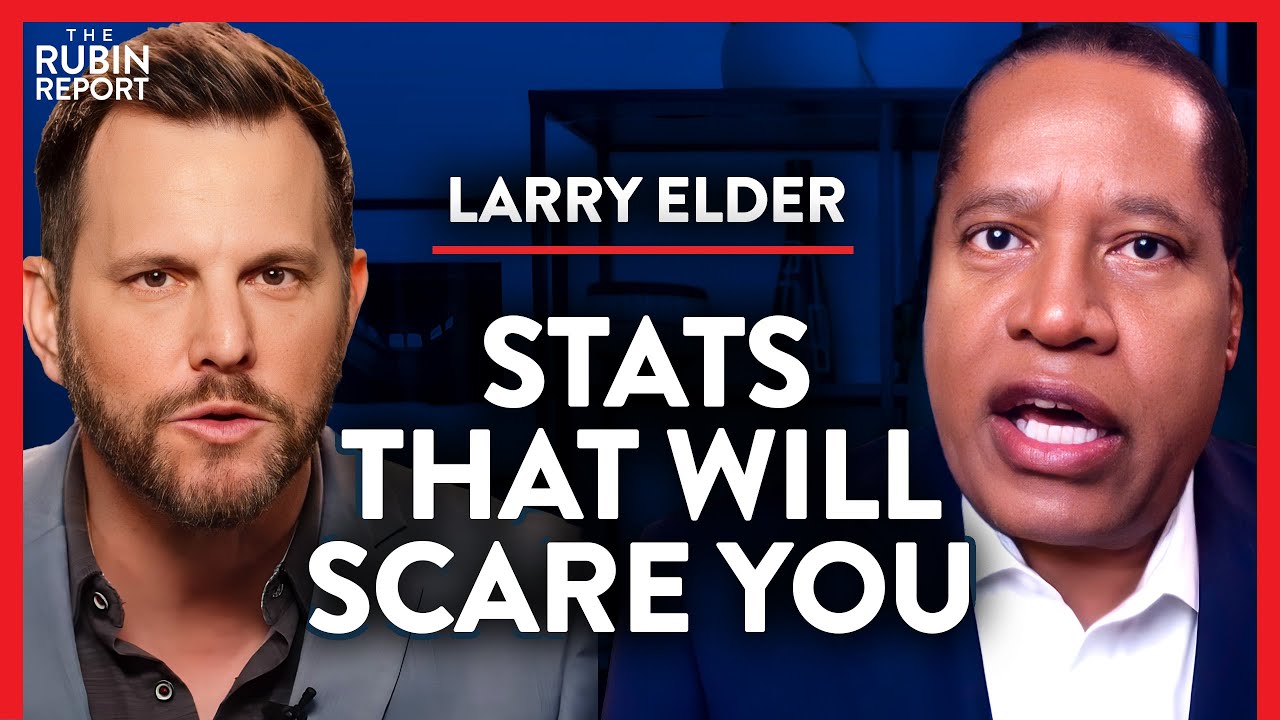“Law is our collective coming together and deciding what we value as a people.” - Mark Fischler
Constitutional law expert and criminal justice professor Mark Fischler has a thirst for justice and a gift for teaching. With cogency and passion, Mark explains that law is not the absolute that we perhaps thought, but an ever changing reflection of the values we hold as a society. Law is a developmental process, and will benefit from our own dedication to inner moral development. Mark shows how the law can (and has) become ever more inclusive, with the potential to serve and uphold the dignity of all peoples, all beings. Because of its abstract clauses, there is room in the Constitution to interpret the law in ways that are attuned with our pluralistic society. Mark calls on us to come together and decide what we value as a people—there is no mandate in democracy that all decision making power must reside in the hands of the Supreme Court, which has only had the sort of unilateral power it enjoys today since the 1950s.
This is no dry, legalistic conversation, but a truly illuminating vision of the potential of the law to embody justice, inclusivity, compassion. It is also a solid overview of where we have come from and where we are now, referencing many landmark rulings of the Supreme Court. Finally, this is spiritually inspiring as well—Mark tells the story of the transformational epiphany he had as a young man that led to his career as a public defender, onto the spiritual path, and eventually to become a well-respected, award-winning professor of criminal justice. Mark’s perspective on the law is far ranging, embracing human rights, animal rights, the rights of all beings. It comes from a place of deep care and compassion: “What is the happiness that the Declaration of Independence talks about, what is suffering?” Be inspired by Mark’s wise and knowledgable teachings and the potential of the law to create a just society for all.
Recorded January 4, 2023.
Topics & Timestamps: Part 1
- Introducing professor of criminal justice and constitutional law expert Mark Fischler (01:31)
- How did Mark get into constitutional law? (03:45)
- At the foundation of legal theory is the question: natural law or positive law? How Ken Wilber reduced the cognitive dissonance going on around this for Mark (06:44)
- Law is a lawyer-driven process and the action is in the criminal courts (07:52)
- Mark’s 1996 transformational epiphany of self-knowledge around the judgmental character of his mind (09:16)
- How psychotherapy relates to Mark’s practice as a public defender and taking a bodhisattva approach to being there for all beings (13:59)
- The deepening of Mark’s spiritual practice: Am I supposed to leave everything behind, give it all up? (21:08)
- “The demon spoke” (Socrates): leaving public defender hood and the beginning of Mark’s spiritual journey (25:03)
- Miguel Luiz’ Four Agreements: principles upon which to life your life (29:35)
- Being of service to others is the foundational piece driving Mark to deepen his understanding of the law and in his role as professor (35:08)
- “We’re in a stage of pluralism, but we sure don’t act that way;”Justice Alito’s decision in the Dobbs case, overturning Roe v. Wade (37:02)
- Can we start to have a conversation about the law, from a 30,000’ point of view, transcending and including perspectives, even the Integral one? (38:20)
- Giving the Supreme Court so much power to make legal decisions is only as old as the 1950s (39:46)
- Was Roe v. Wade the best way to go? We needed to have a more honest conversation from the start (43:37)
- Human rights and how developmental stages play out in the justice system (46:35)
- Roger highlights the points Mark has brought up and their antidotes: absolutism, pluralism, the need for honest conversations, integrating different points of view (48:12)
- Teaching civil liberties to a class of diverse first generation students so that they feel heard and valued (51:47)
- Understanding Alito’s point of view, emotional contagion, and how Alito and other Supreme Court justices do not feel respected or heard (55:18)
- Black nationalism: being completely independent of the system (58:40)
- The 4th branch of government: administrative agencies like the EPA that implement policies are now under very specific guidelines from the legislature (01:40)
- Abstract language in the Constitution requires interpretation and the challenge of finding balance between restrictively specific guidelines and abstract directives (06:45)
- The history of the Supreme Court and how the Court is 10–20 years behind the rest of the culture’s center of gravity (09:44)
- The doctrine of originalism: is the Constitution a fixed document? (12:36)
- Ronald Dworkin, primary legal philosopher of his generation: “The law is absolutely an act of interpretation.” (15:55)
- Originalism’s effect on Brown v. Board of Education, the Equal Protection Clause, and Plessis v. Ferguson (16:35)
- Abraham Lincoln was competing with the courts on slavery—his point of view was far more holistic, respecting the equal dignity of all people (20:47)
- We all need to be involved in the determination of fundamental human rights and not leave it up to the Supreme Court (24:24)
- Our Constitution, because of the abstract clauses, allows us ways to start to relate differently to our environment and all beings (26:00)
- The law is a social institution embodying the ways we agree to relate to each other as a society (28:09)
- We need to become conscious that law is a developmental process, becoming more and more inclusive over time (29:18)
- Theories of justice and how to build a just society: integrating Immanuel Kant’s categorical imperative, universalizability, Aristotle’s virtue-based right action, Steve McIntosh’s observable piece, the utilitarian what’s the greatest good for the greatest number, and John Rawls’ justice as fairness (31:59)
- Using Integral to help us apply inclusivity to the law (35:32)
- Animal rights and our relationship to property, to the Earth (37:39)
- Is there a legal way to support people in the pursuit of self-actualization? (43:17)
- What is the happiness that the Declaration of Independence talks about, what is suffering? (46:15)
- Law is our collective coming together and deciding what we value as a people and this requires inner moral development (47:40)
- Peacemaking ethics: care, connection, mindfulness (53:22)
- The collective trance we live in (55:51)
- A call to participate in our democratic process: we can influence our laws, our communities, and make this world a better place (58:34)


